Amid the ongoing crisis in Gaza, where civilians continue to face deadly violence, displacement, and limited access to basic needs, activists and community members gathered on Thursday, Sept. 25, for A Report Back from Palestine.
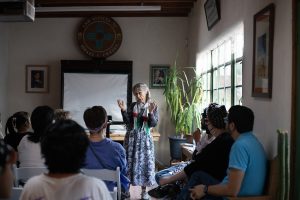
The event, hosted at Israel Chavez’s law office, brought together voices from around the world. It featured individuals who shared powerful firsthand experiences of life in Palestine, and how the community can support justice and peace in the region.
Guest speaker and activist Sue Small, who recently visited Palestine, shared eye-opening stories from her visit, where she spent time in local neighborhoods and saw firsthand how children were living—with limited access to education, activities, and basic resources.
“It’s [Palestine] far enough away, but it’s happening because of us,” she said. “And because of that, we should be the one trying to make the change.”
The event included a silent auction featuring handcrafted jewelry, paintings from Palestinian artists, and other unique items. Proceeds benefited MECA – Middle East Children’s Alliance, an organization that has supported Palestinian children and families for over 35 years.
MECA provides emergency aid for families in Gaza, clean drinking water and electricity, trauma support, and scholarships for students. They also upgrade community programs in arts, sports, tutoring, and libraries.
Another organization present was The Green Olive Collective. This advocacy group connects Palestinians and Israelis who want to work together toward a united and peaceful future.
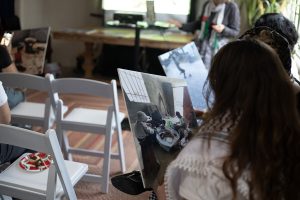
Jehanne and Rez, members of the organization, are currently working on organizing solidarity delegations to the West Bank, a home to millions of Palestinians who live with harsh restrictions imposed by the Israeli military.
“It isn’t right, children shouldn’t have to pass signs that say, ‘danger to your lives,’ as they bike around their neighborhoods,” event participant Diego Perez said.
The event also honored Awdah Hathaleen in a slide presentation. Awdah was a well-known activist who was tragically killed by an Israeli settler in July 2025.
Awdah’s cousin, Eid Suleiman Hathaleen, is a fellow activist who previously spoke at the University of Michigan in 2019. Known for being a public activist, Hathaleen was on a U.S. speaking tour this year in July, where he was denied entry to the U.S., despite being invited by a California synagogue.
Hathaleen was quoted on the presentation slide, “There was nobody who contributed as much to our community as Awdah, I can’t believe he’s gone.”
Sue Small stressed the importance of citizens getting involved in whatever way they can, explaining that collective community efforts to raise awareness and fundraise for these organizations to help Palestine are the key to making a real difference.
“It’s important to speak out, even if it’s just a whisper,” she said. “Educate yourselves and others, because every voice matters.”
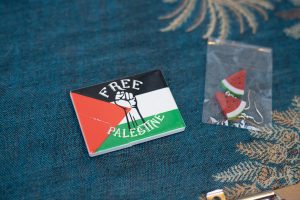
Speaking out can be done in many ways. There are several organizations that play vital roles in supporting Palestinians, including the Center for Freedom and Justice. This activist group provides aid to Palestinian women, many of whom are left to care for their families alone due to administrative detention, a policy allowing imprisonment without trial.
Other groups like MECA, Palestine Children’s Relief Fund, and American Near East Refugee Aid work through local events and fundraisers to support Gaza. Speakers also highlighted the crucial role of social media platforms. This event highlighted the importance of sharing stories, spreading awareness, and building solidarity across communities.
“Stay human. Stay concerned. Stay connected. The world changes when we do,” Small said.


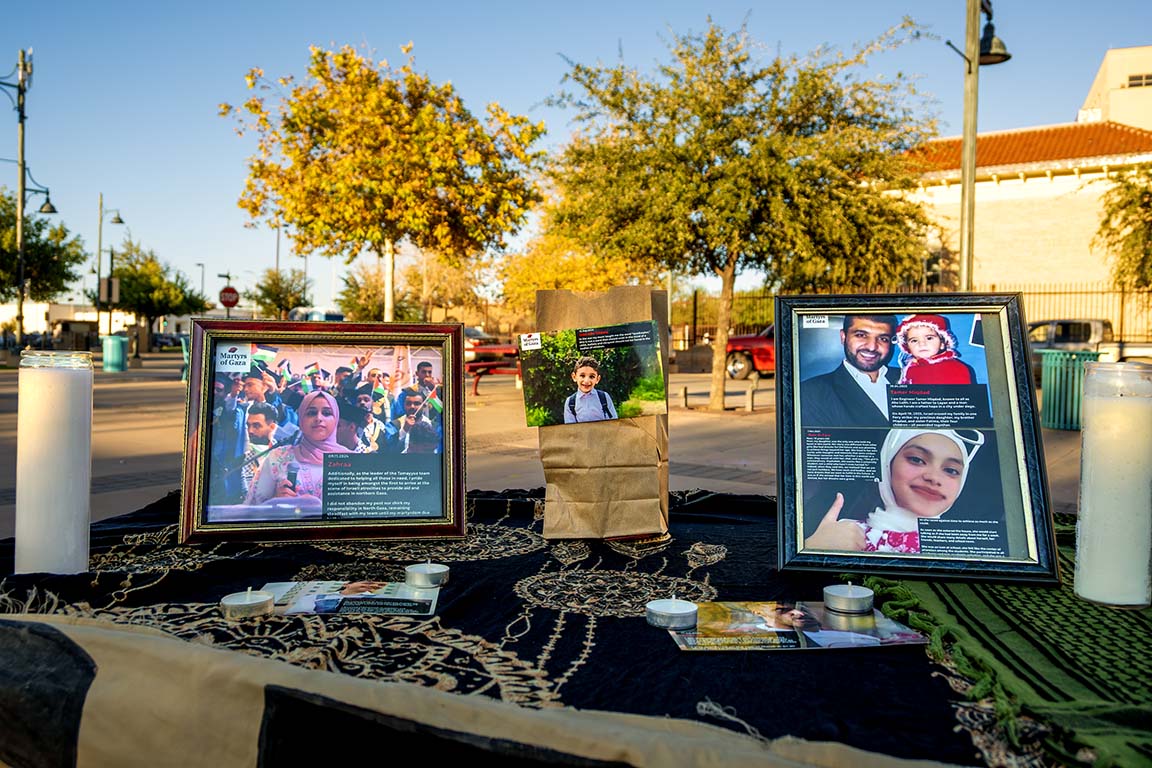
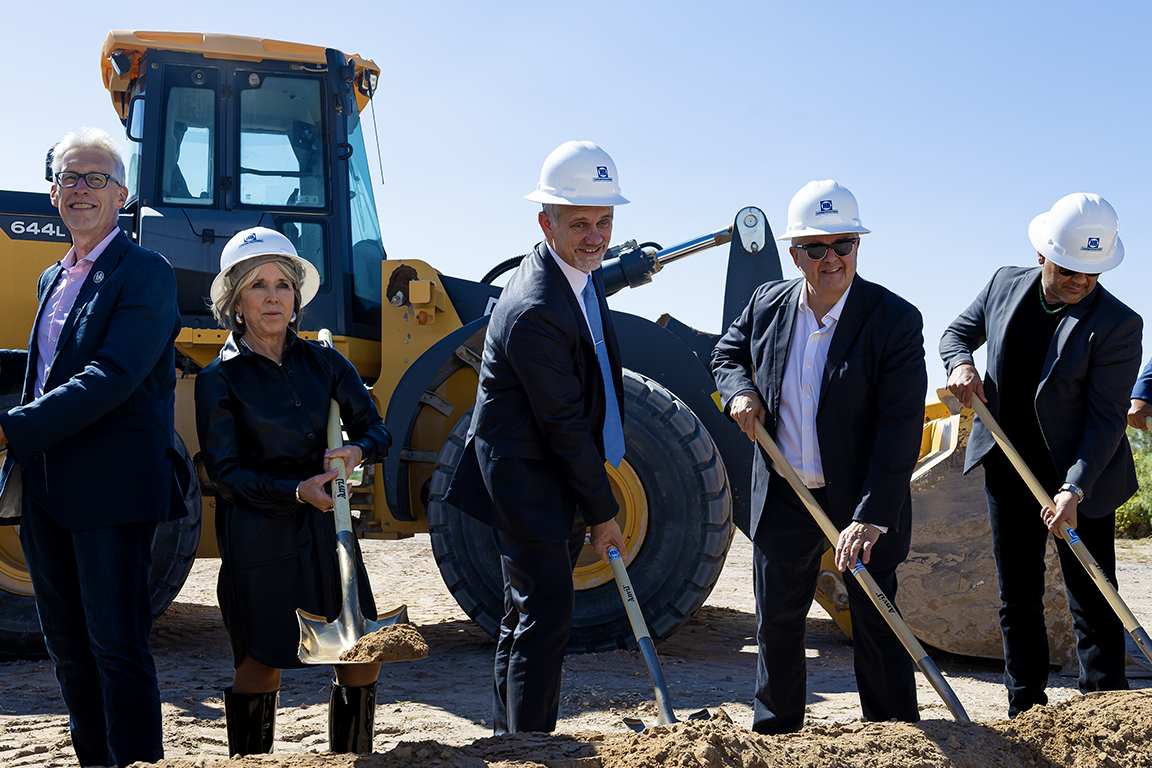
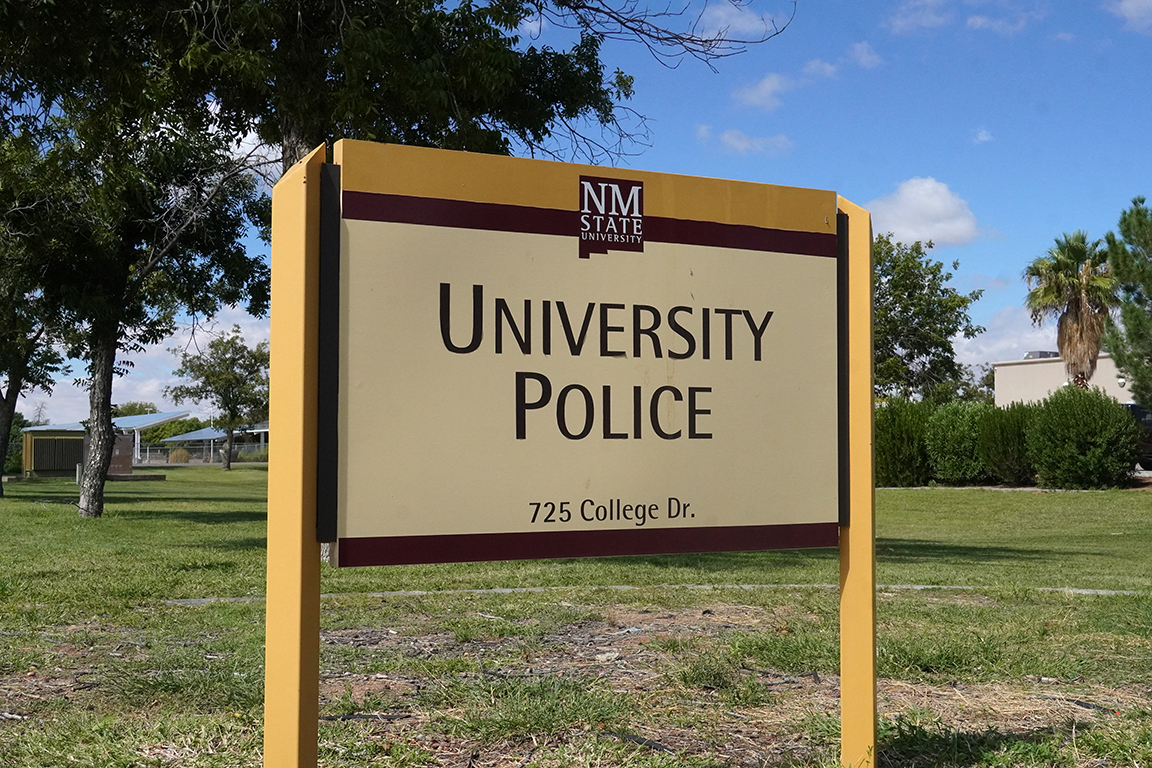
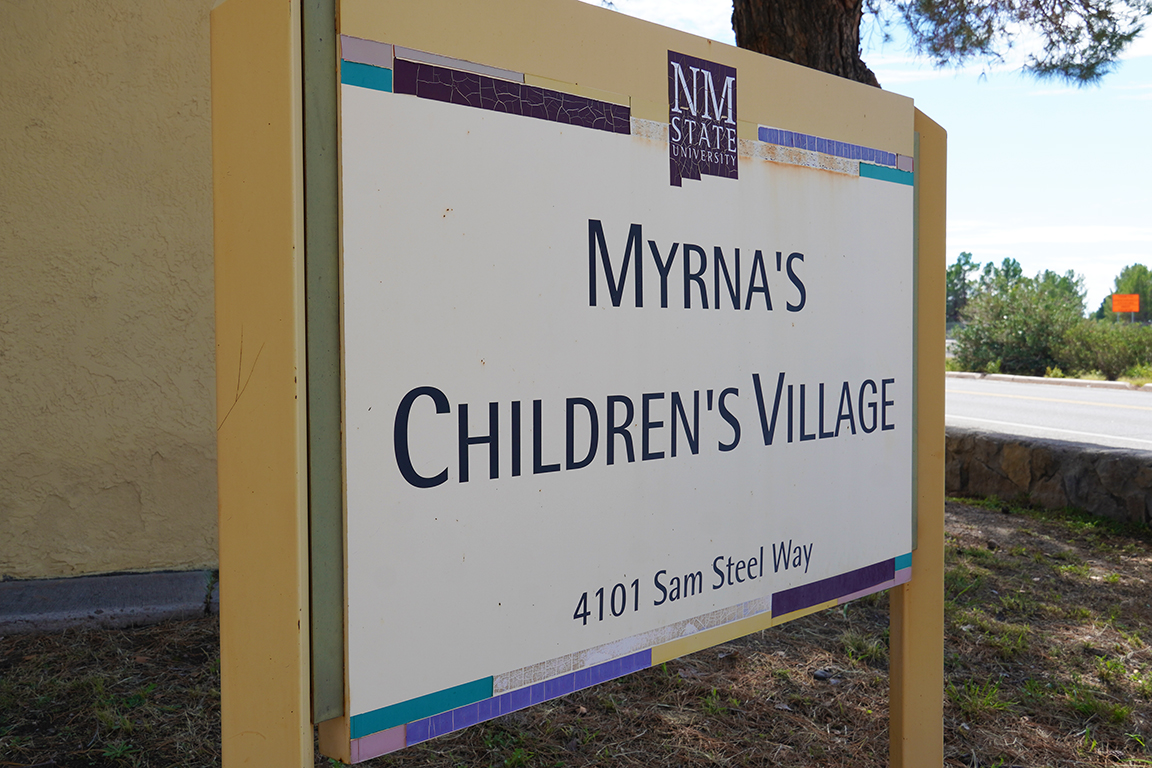
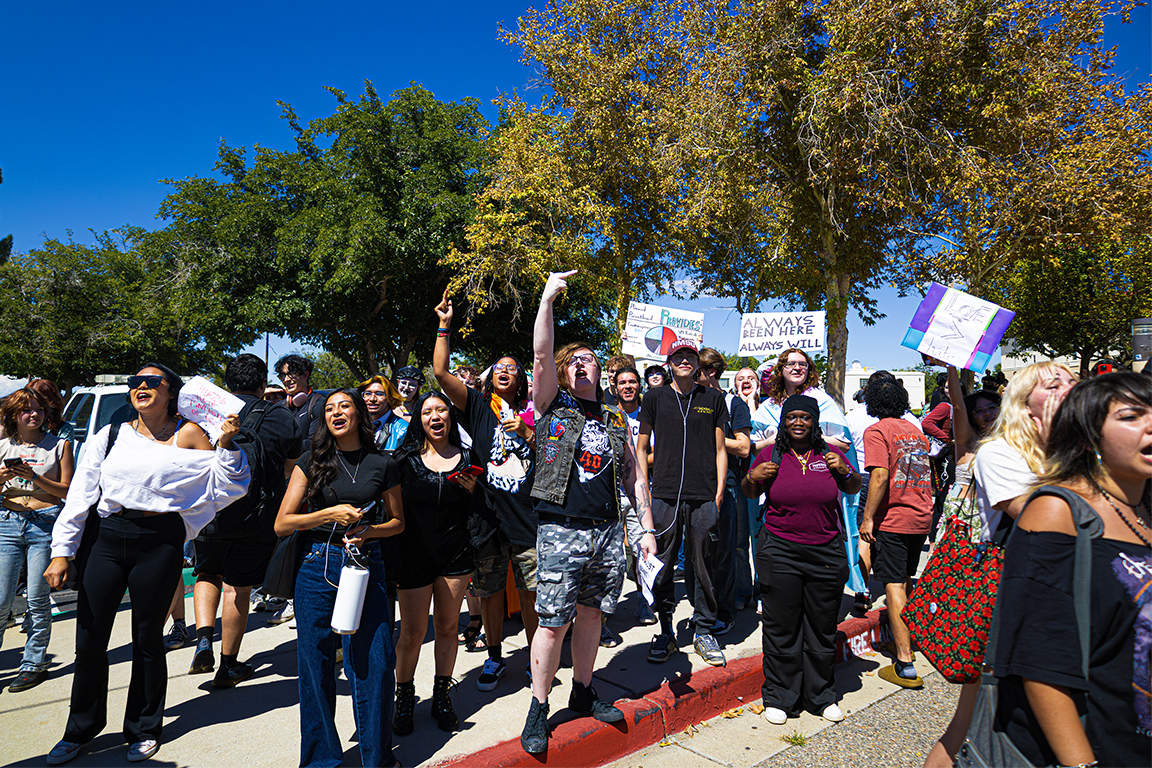
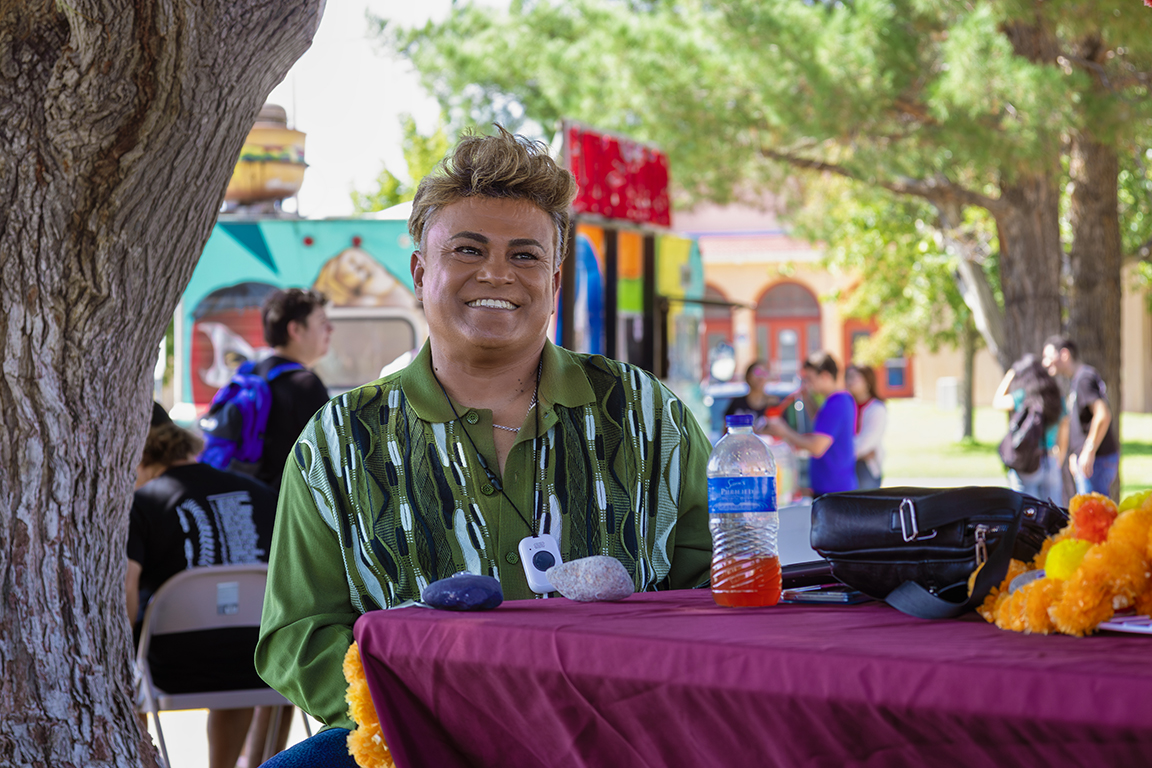
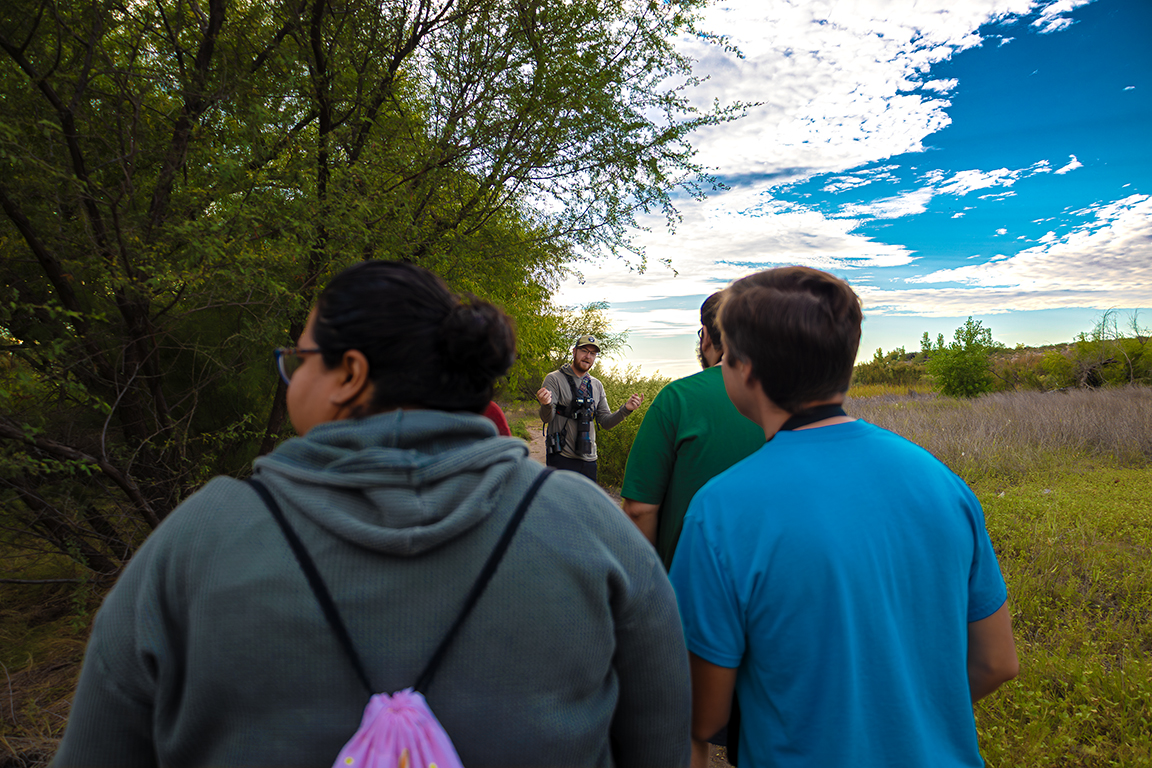
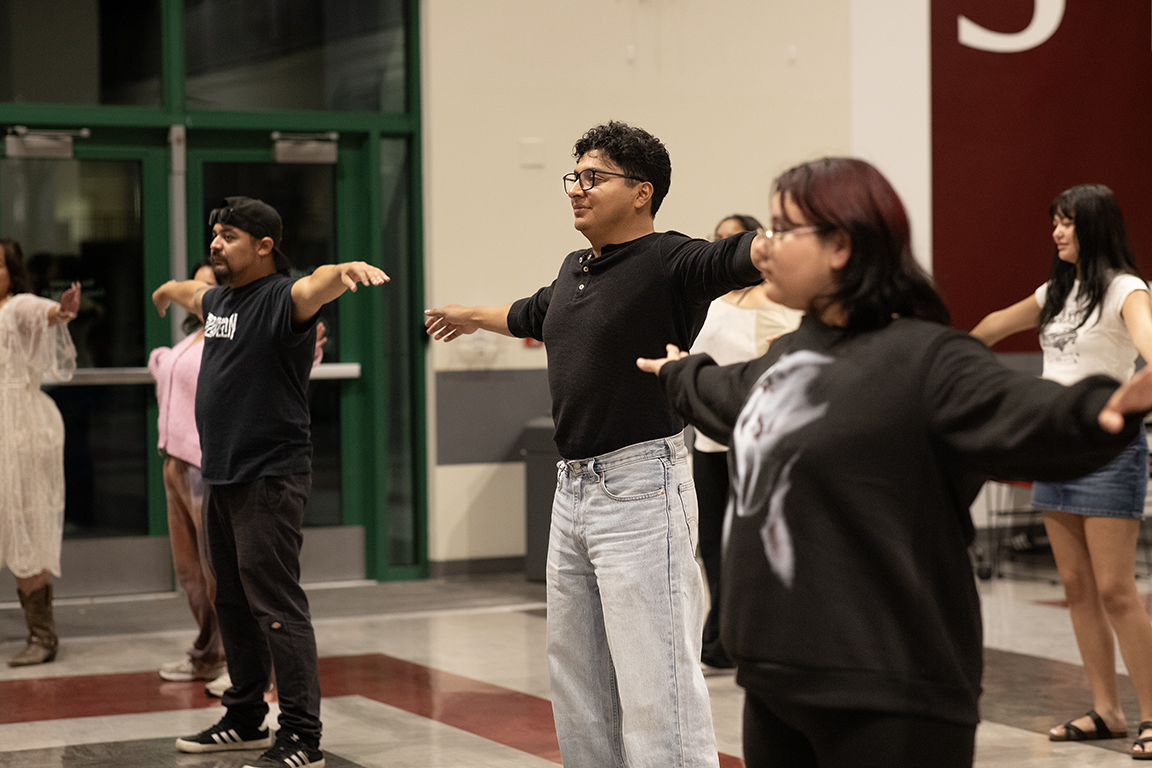
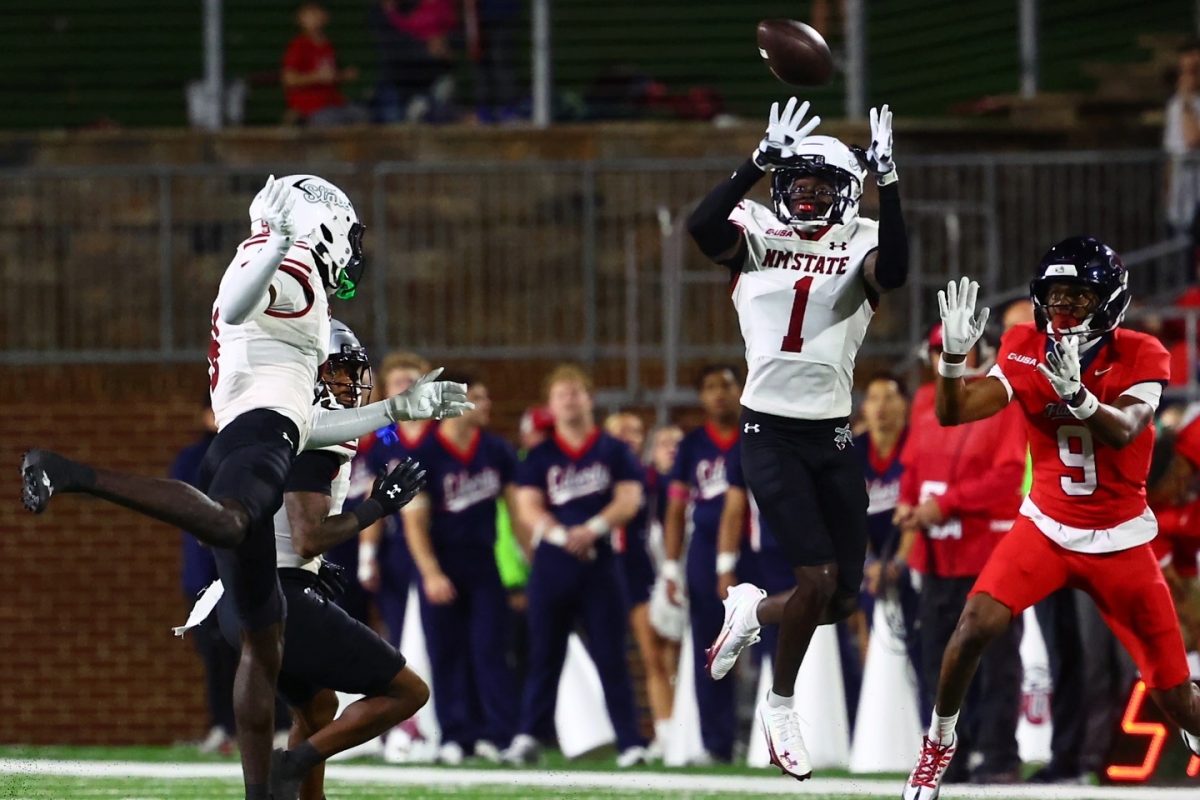
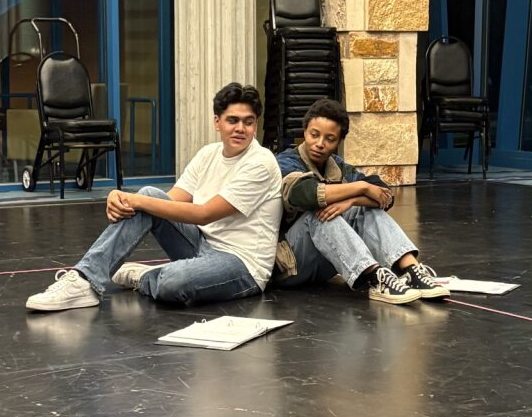
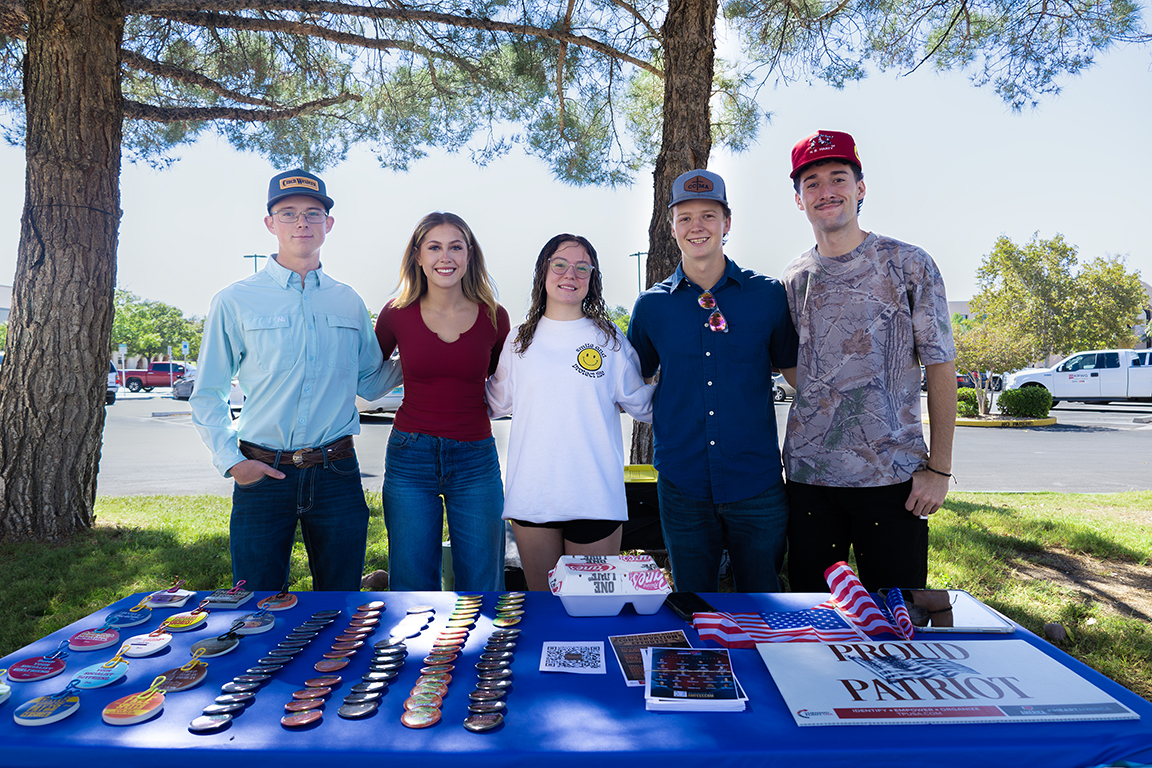
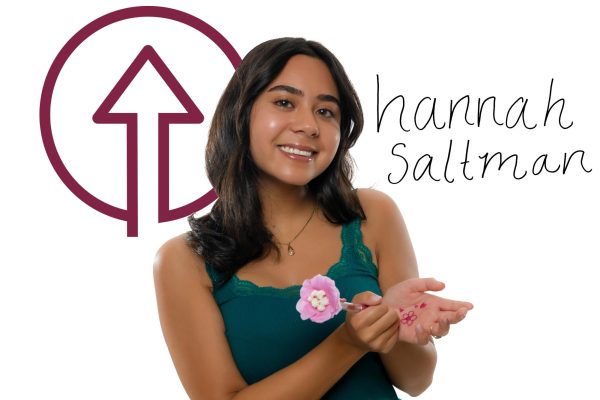
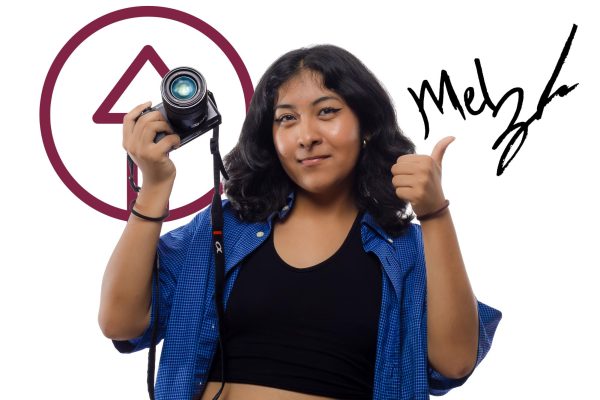
heron • Oct 10, 2025 at 12:17 PM
thank you for covering this beautiful event!